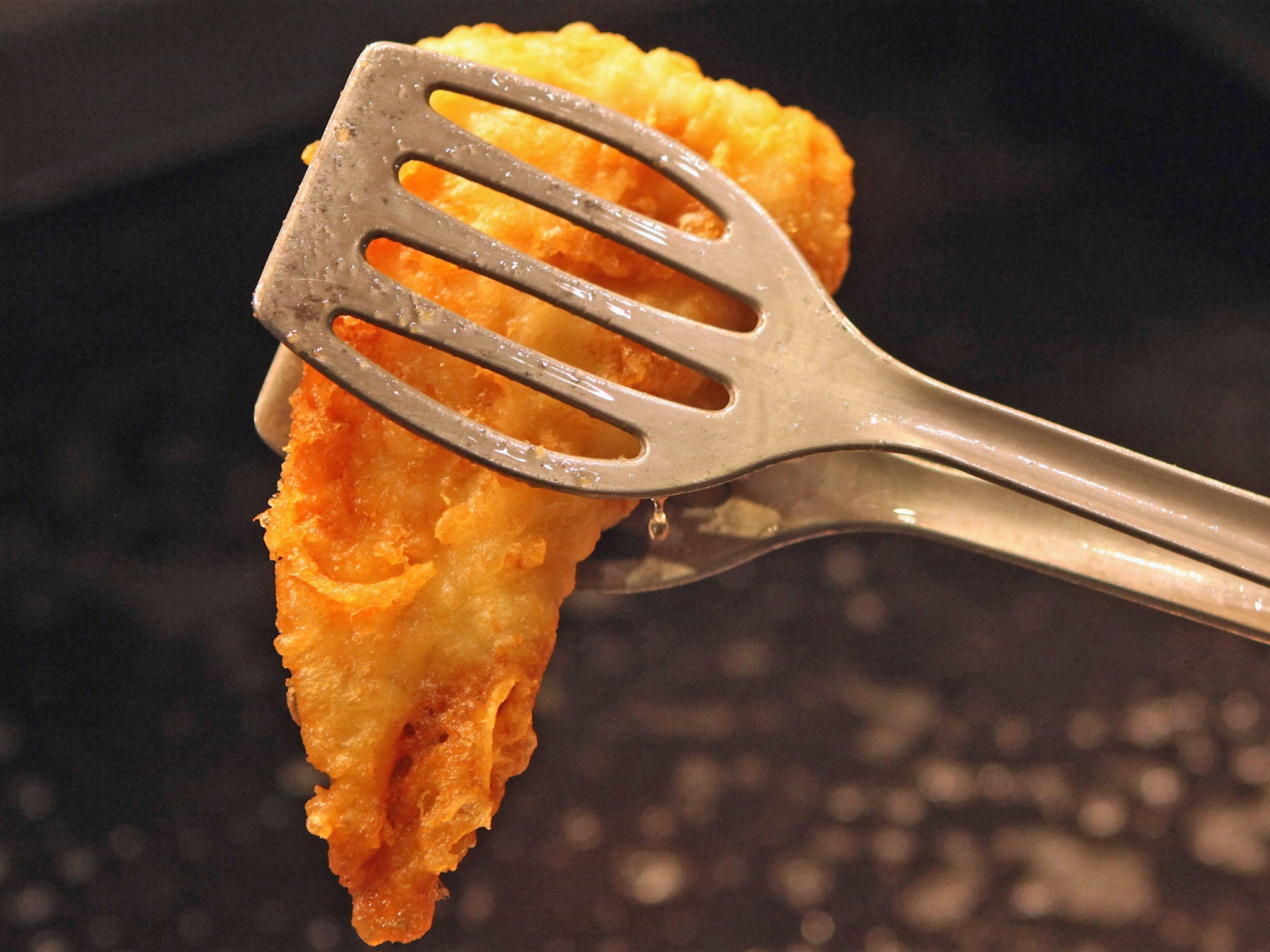Cheaper fish being passed off as cod and haddock

Your support helps us to tell the story
From reproductive rights to climate change to Big Tech, The Independent is on the ground when the story is developing. Whether it's investigating the financials of Elon Musk's pro-Trump PAC or producing our latest documentary, 'The A Word', which shines a light on the American women fighting for reproductive rights, we know how important it is to parse out the facts from the messaging.
At such a critical moment in US history, we need reporters on the ground. Your donation allows us to keep sending journalists to speak to both sides of the story.
The Independent is trusted by Americans across the entire political spectrum. And unlike many other quality news outlets, we choose not to lock Americans out of our reporting and analysis with paywalls. We believe quality journalism should be available to everyone, paid for by those who can afford it.
Your support makes all the difference.Consumers are being routinely cheated when they buy cod and haddock, a study has found.
Seven per cent of the time shoppers sought the white fish they were unwittingly sold cheaper pollock and Vietnamese pangasius, or catfish, according to the University of Salford.
Dr Stefano Mariani, a biologist who worked on the study, said: "Consumers should be able to go to a shop and know they are eating what they paid for".
He added that some suppliers were consistently handling fish that was proven to be mislabelled – "which suggests that a lot of mislabelling occurs before the fish gets delivered to the supermarket."
Food fraud accounts for up to 10 per cent of the money consumers spend in supermarkets, smaller shops, canteens and pubs, bars and restaurants.
Paul Williams, chief executive of Seafish, described the fraudulent mislabelling of fish as "entirely unacceptable and damaging."
He said: "Consumer confidence in the traceability of seafood is essential, and the UK seafood supply chain has robust systems and procedures in place to mitigate issues in the labelling and traceability of products."
Mr Williams, the voice of the seafood industry, went on: "But the report shows that there is still a small percentage of mislabelling, and it is essential that anyone found to be deliberately misleading consumers is dealt with immediately by Trading Standards. "
He said seafood bought from local fishmongers, reputable food outlets and supermarkets was most likely to be labelled correctly because they abided by "high standards."
Join our commenting forum
Join thought-provoking conversations, follow other Independent readers and see their replies
Comments